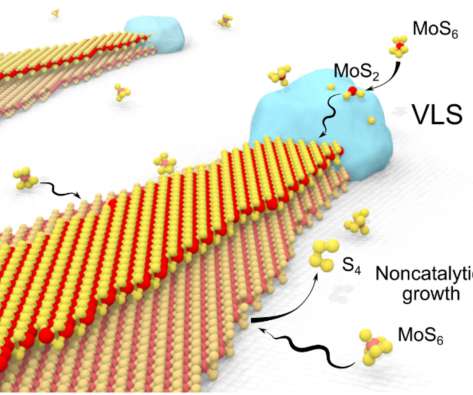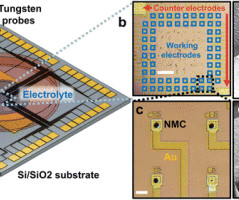ARPA-E awarding $39M to 16 projects to grow the domestic critical minerals supply chain
Green Car Congress
OCTOBER 28, 2022
The selected projects, led by universities, national laboratories, and the private sector aim to develop commercially scalable technologies that will enable greater domestic supplies of copper, nickel, lithium, cobalt, rare earth elements, and other critical elements. Feedstocks will include Li/Ni/Ca/Mg-rich igneous and sedimentary minerals.













Let's personalize your content